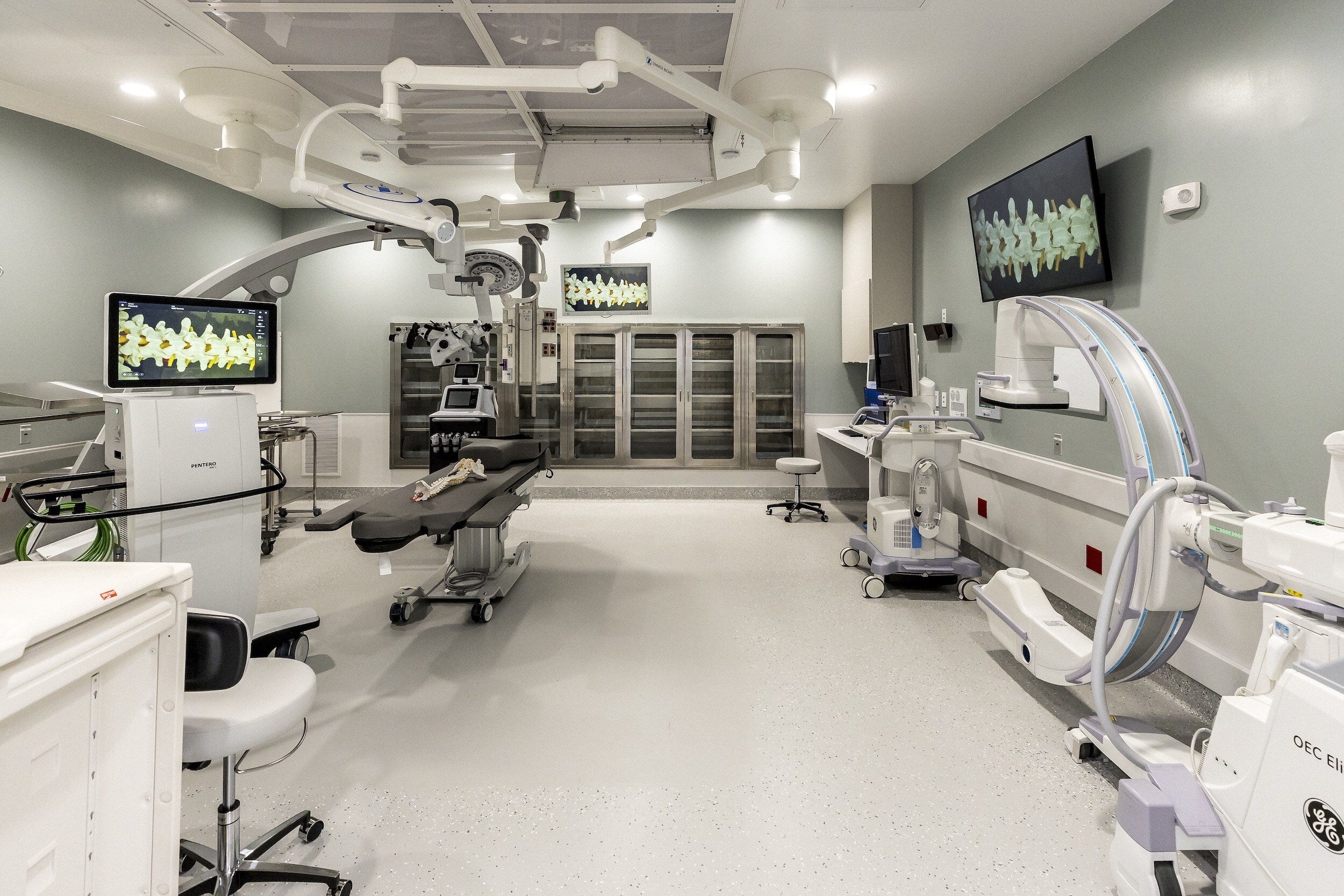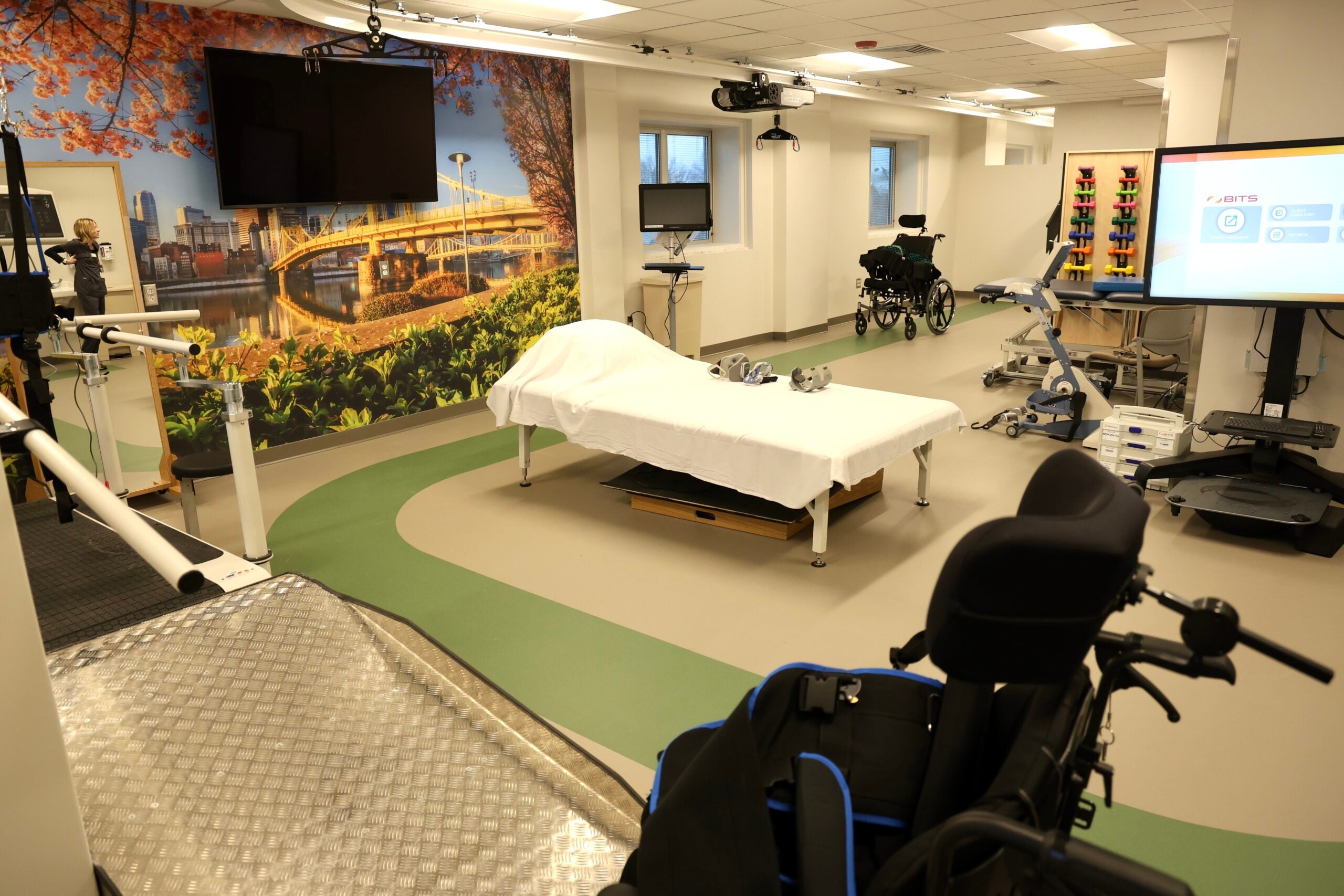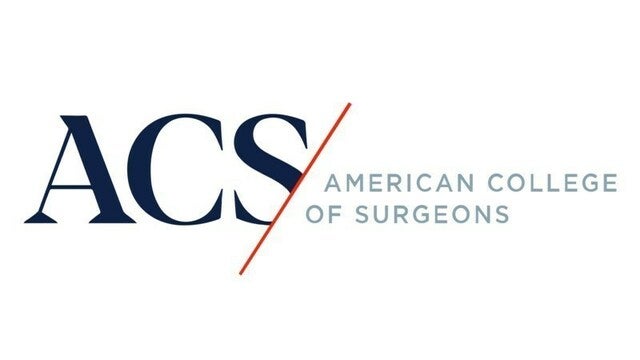Fierce Healthcare reports that Ascension’s $3.9 billion deal to acquire AmSurg, which operates more than 250 ASCs in 34 states, will enable the nonprofit system to enter 25 new markets and strike new partnerships with independent physicians and other health systems, according to remarks by its new president and CEO…

TriasMD, parent company of DISC Surgery Centers, announced yesterday that DISC Surgery Center at Tarzana (Calif.) has opened and is ready to serve the San Fernando Valley. The purpose-built ASC will provide spine, joint, and interventional pain care services, including motion-preservation techniques. The ASC features three high-tech ORs and 11…
A group of five orthopedic surgeons last week launched The Hand, Wrist & Elbow Institute at Midwest Orthopaedics at Rush. The surgeons -- Mark Cohen, MD, John Fernandez, MD, Robert Wysocki, MD, Xavier Simcock, MD, and Nitin Goyal, MD -- are team doctors for the Chicago White Sox and the…

Allegheny Health Network (AHN) last week opened a “significantly expanded inpatient rehabilitation unit” at AHN Allegheny Valley Hospital (AVH) in Natrona Heights, Pa. The newly renovated and expanded unit is the result of a $6.2 million investment that AHN said establishes AVH as its “center of excellence” for inpatient rehabilitation…
CBS affiliate KMOV-TV broadcast an investigation last week that reported concerning conditions about the state of surgical instruments at Barnes-Jewish Hospital in St. Louis. The TV station said it received tips from anonymous whistleblowers who “are terrified of losing their jobs but felt compelled to speak out” about “potentially contaminated…
The Medical University of South Carolina (MUSC) this week posted a compelling story about a notable medical assistant who provides deeply personal counsel to anxious heart failure patients. The story shows perioperative leaders how thoughtful staffing can immensely improve the patient experience. It focuses on medical assistant Tina McCorkle, who talks…
A general surgeon operating at St. Mary’s Sacred Heart Hospital in Lavonia, Ga., was arrested and facing charges after a patient says he assaulted her in her hospital room hours after her procedure. According to a police report obtained by WSB-TV in Atlanta, the patient said she was on the…

In its January Bulletin, the American College of Surgeons (ACS) has published a review of what it calls “significant” updates to CPT coding, payment models, and physician reimbursement that have taken effect in 2026. Here’s what’s particularly on surgeons’ minds: “Coding changes for general surgery and related specialties.” ACS specifically…
Sahan Journal, a nonprofit digital newsroom dedicated to reporting for immigrants and communities of color in Minnesota, reported that dozens of healthcare professionals and community members expressed concern about the presence of federal immigration officers at Minneapolis’ Hennepin County Medical Center (HCMC) at a Hennepin County Board of Commissioners meeting…
A study in the February 2026 issue of Anesthesiology, the peer-reviewed medical journal of the American Society of Anesthesiologists (ASA), documents a steady rise in surgical patients who are being treated with medications for opioid use disorder (MOUD), which it says highlights a “gap between current surgical pain practices and…